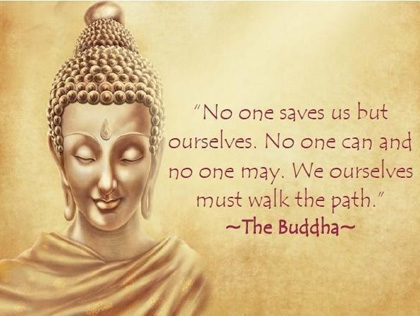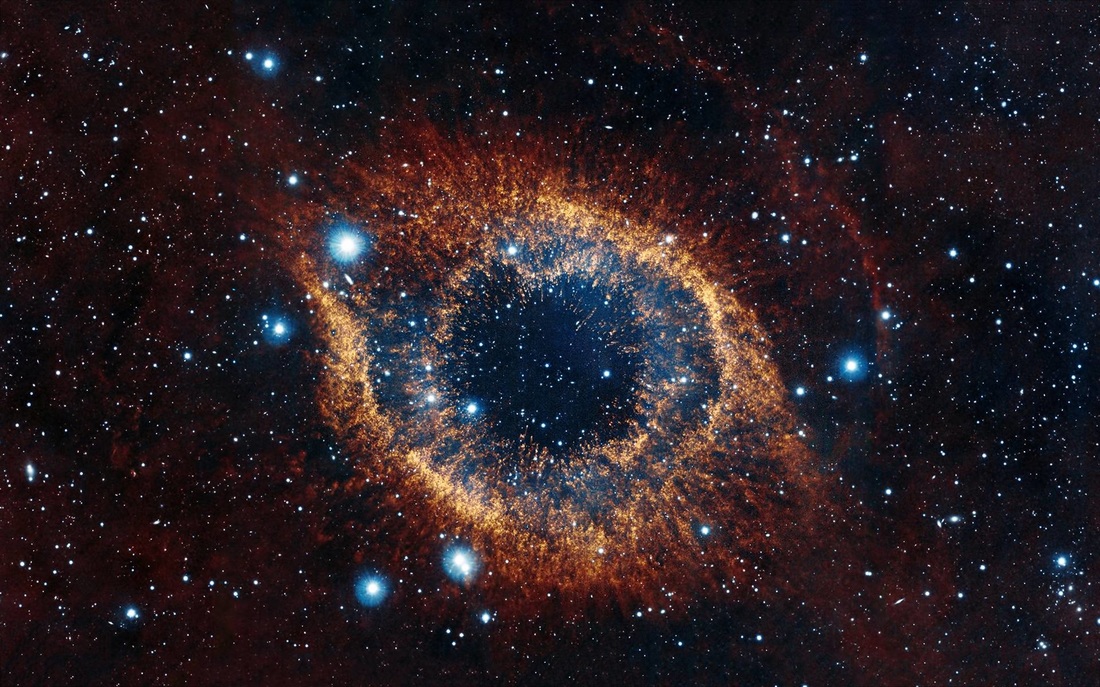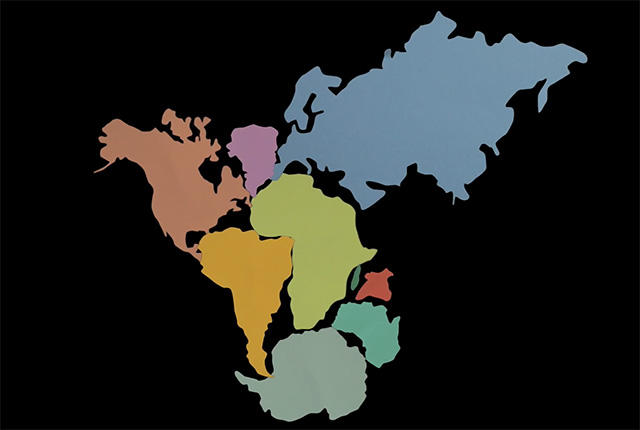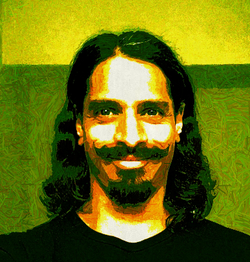Bankruptcy is the state of being totally depleted of resources, be it in quality or material.
In the wake of financial ruin, one is said to be financially bankrupt. After failing to act with principles or good character, one is said to be morally bankrupt. If one lacks in faith and hope, they are said to be spiritually bankrupt.
Bankruptcy comes in many forms and fashions. This perspective of viewing one's character implies that savings and constant replenishment of valued resources is needed. As children mature into adulthood, learning to become self sufficient is an important concept. Parents and caretakers who neglect to impart this lesson unto their young fail to equip them with the life skills necessary to survive and thrive in a competitive world. They will be forever dependent on someone or something unless they learn to free themselves.
Once an individual is able to survive independently on their own (not on the charity or external validation of another) they become capable of establishing savings and reserves. These savings can refer to monetary and material earnings or intangible qualities such as emotional (esteem), spiritual, and health reserves.
The acquisition of money and assets refer to financial solvency (the opposite of bankruptcy). When one has no debt obligations or liabilities, as well as zero earnings or assets they are said to be financially neutral (like individuals living from paycheck to paycheck). When one moves away from neutrality towards establishing savings they are moving in a direction away from bankruptcy or indebtedness. When one consumes both their earnings and savings, they have progressed into debt and insolvency (sometimes referred to as being 'broke').
When one is first starting out on their own, sometimes parents, caretakers, or creditors help an individual establish a foundation of credit, which allows the individual to obtain goods and services without payment based upon the trust that repayment will be made in the future. This helps the maturing individual build or strengthen the habit of spending within their budget by providing consequences to irresponsible financial behavior such as not repaying debts on time. Positive credit rewards the individuals who borrow and repay their debts in a timely manner. They are rewarded with attractive (lower) interest rates and higher spending limits because they have proven themselves worthy of handling financial responsibility. Negative credit is assigned to individuals of whom lenders have determined through historical track records the presence of payment inconsistencies or defaults. These individuals are often still given borrowing opportunities at higher interest rates which may or may not exacerbate the borrowers credit score in the future. If the borrower does not work to improve their financial integrity of repaying debts and interest in a timely manner, their credit 'health' will plummet. Some individuals never recover from the high interest rates charged on frivolous spending and ruin their chances of borrowing in the future. In other words, they are deemed not mature enough to borrow and repay debts, and must wait until their creditors have forgiven their transgressions.
The psychological pathways of entrenching oneself into debt is very similar to the neural pathways associated with one's diet choices. Most people seek a balanced diet once they reach a point in their maturity that allows them to see the consequences of succumbing to poor dietary choices. If one is in possession of a happy and healthy body, then they are said to own a balanced diet. If one wishes to lose weight (in the pursuit of health and well being), then they must carefully watch their caloric consumption in so far as they are able to metabolize both their intake and work to burn off the excess calories in fat storage from previous consumption. In other words, they must spend more calories than they consume. Our bodies require caloric intake in order to provide energy to think, move, and live. In an environment where there is an overabundance of food choices, we find the temptation for quick and easy solutions that provide instant gratification. These "solutions" can come in the way of cheap fast food and microwavable meals that are expensive purchases against our caloric debt. They are often unfulfilling, unsatisfying, and accompanied with absurd caloric "price tags". These indulgences are (thankfully) permitted from time to time; however, when they become a staple in our diets our bodies begin to reflect our poor dietary choices by building itself with the "cheap" caloric bricks that such conveniences provide. Our bodies are 'honest machines' that can only perform as well as the fuel we provide it with. It reflects our dietary consumption and physical output capabilities in much the same way our credit score keeps track of our abilities to consume and repay debt. Because of our tendencies to value superficial concepts of material or physical beauty we often times beat ourselves up for failing to live up to social standards when the goal should in fact be emancipation from dependency on external sources for validation and fulfillment (like running on a hedonic treadmill). Identify areas needing improvement, forgive yourself, and practice so that you average more towards walking the path you wish to walk more often than not.
The very same neural pathways carved from practicing inhibition, delayed gratification, and self-discipline provide an individual with the tools necessary to resist temptation in both finance, diet, and morality.
In the wake of the Global Financial Crisis (2007), the financial parties responsible for the collapse were guilty of committing moral hazard. In other words, executives placed their client's wealth at risk in order to secure profits for themselves. Greed is often used to describe the behaviors of such individuals. Appetites for instant gratification without effort put forth to earn the reward can lead one to a dark path of moral bankruptcy.
"For what shall it profit a man, if he shall gain the whole world, and lose his own soul?"
Achievements that one earns for themselves as a result of disciplined effort and hard work are the keys to freedom from dependency upon external sources of validation and fulfillment. One must learn to work for themselves to satisfy their financial, physical, spiritual, and mental hungers. The nature of our appetites is that we are only able to consume a little at a time (lest we overdose).
When one has achieved fitness of mind, body, and spirit, they have learned to feed themselves with the highest quality building blocks available and enjoy a healthy self esteem. They have learned to live within a measure of grace without succumbing to total loss of control. Their morality carries a healthy balance that serves to protect and inspire others to act with prudence and moderation.
They have developed the discipline to withstand the temptations of instant (unfulfilling) gratification and indulgences of ego.
They have learned to walk the path that leads to fulfillment and ultimately become free from dependency upon the fleeting temptations of ego.







 RSS Feed
RSS Feed
